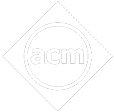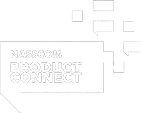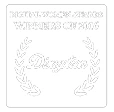Founded by Paulo Freire, a Brazilian philosopher and educator, Critical Pedagogy is a philosophy of education that advocates emancipation from oppression through an awakening of critical consciousness. It insists that issues of social justice and democracy are relevant to acts of teaching and learning. Critical Pedagogy seeks to develop means of teaching to combat racism, sexism, and other oppressions. It helps to identify the causes and effects arising from issues embedded in traditions, cultures, social norms, and fixed mentality. It further advocates to overcome those oppressions through its three concepts:
- Praxis is the process by which a theory, lesson, or skill is enacted, embodied, or realised. “Praxis” may also refer to the act of engaging, applying, exercising, realising, or practicing ideas.
- A hidden curriculum is a set of lessons “which are learned but not openly intended” to be taught in schools, such as the norms, values, and beliefs conveyed in both the classroom and social environment.
- Consciousness raising is a form of activism, popularised by United States feminists in the late 1960s. It often takes the form of a group of people attempting to focus the attention of a wider group on some cause or condition.
Critical Pedagogy considers each learner to be unique and it calls for unlearning, learning, relearning, reflection, and evaluation as important processes and further underlines that students learn best when learning is based on their interests and world experiences and when they are allowed to explore the answers to their questions themselves.
This pedagogical model defies the banking model of education where education “becomes an act of depositing with the students as the depositories and the teacher as the depositor.” The banking model of education maintains order and is bureaucratically neat and tidy. But it doesn’t consider each learner to be unique with their own specific needs, requirements, and learning goals; as a result, schools and educational institutes, in the banking model, become factories that produce learners without any personalisation.
Critical Pedagogy helps a learner to move from text to ideas and to learn to objectively solve problems.
Embibe Product/Features: Search, Create Your Own Test, 24×7 Expert Assistance
Along the lines of praxis, hidden curriculum, and consciousness raising of Critical Pedagogy, Embibe’s approach to teaching offers a novel perspective. Students actively participate in an immersive learning experience with 2D, 3D materials, and interactive exercises. Students are guided through concepts with ‘Learn’, ‘Practice’, ‘Test’, and ‘Test Analysis’.
The Embibe ‘Search’ feature helps students to instantly navigate to their desired video, practice questions, or even the desired chapters or topics.
Embibe has multiple types of test options which include Chapter Test, Part Test, Full Test, Previous Years Test, and Custom Test. Each of these test options has been created considering the different stages of preparation in an exam cycle.‘Create Your Own Test’ is a unique feature of Embibe that gives freedom to customise tests. It allows one to choose subjects, chapters, difficulty levels, duration and marking scheme to create a choice-based or target-based test. Custom Tests truly consider each learner to be unique and helps one cover such personalised needs.
Also, Embibe has 24X7 ‘Live Faculty Support’. Using our Chat Support, students can post their academic queries, discuss strategy – hidden curriculum, and our experts at Embibe clear their doubts within minutes. At Embibe, we work hard to make sure that no doubt goes unresolved and every student feels confident in his/her subjects.









